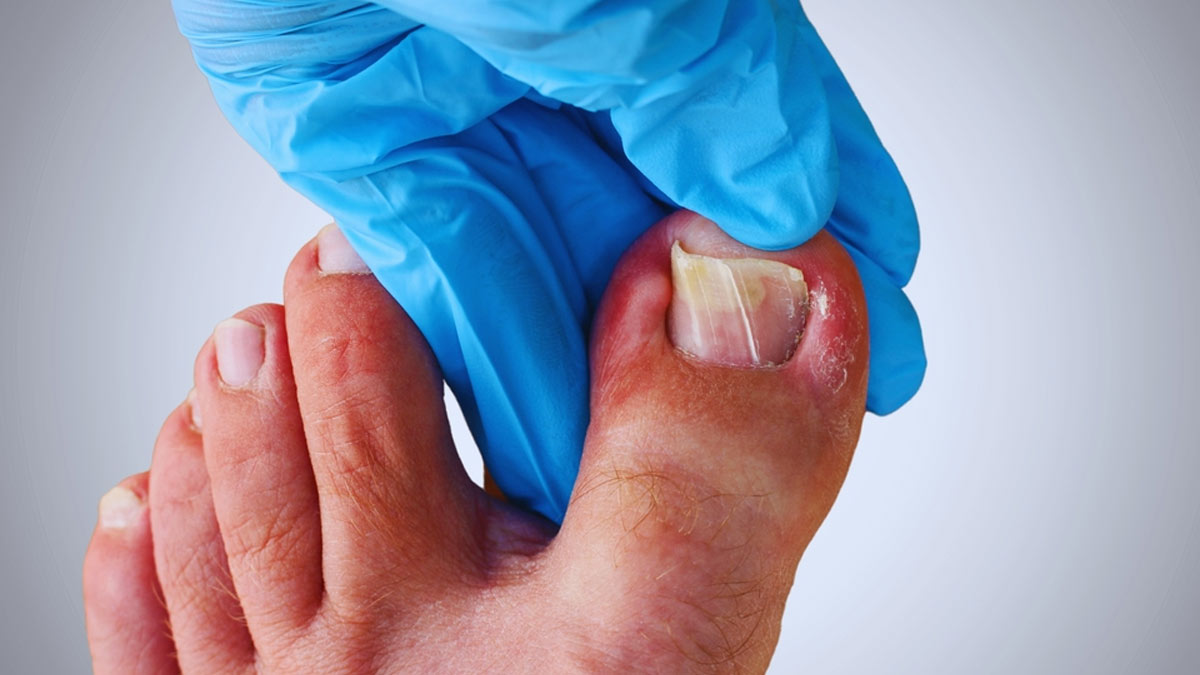
Living with diabetes means paying extra attention to different aspects of your health, and one area that often gets overlooked is nail care. Your nails may seem like a small part of your body, but they can be a window into your overall well-being, especially when you have diabetes. Diabetics are more prone to nail infections, poor circulation, and slow healing, which means that small issues can quickly become serious problems. With a few mindful habits, you can keep your nails healthy and strong, ensuring that they continue to support you in your daily life.
Table of Content:-

According to the World Health Organization (WHO), in 2014, 8.5% of adults aged 18 and over were diagnosed with diabetes. By 2019, the disease directly caused 1.5 million deaths, with nearly half of these occurring in individuals under 70. Additionally, diabetes was linked to 460,000 deaths from kidney disease and was responsible for about 20% of deaths related to cardiovascular conditions due to elevated blood sugar levels.
Why Nail Care Matters for Diabetics
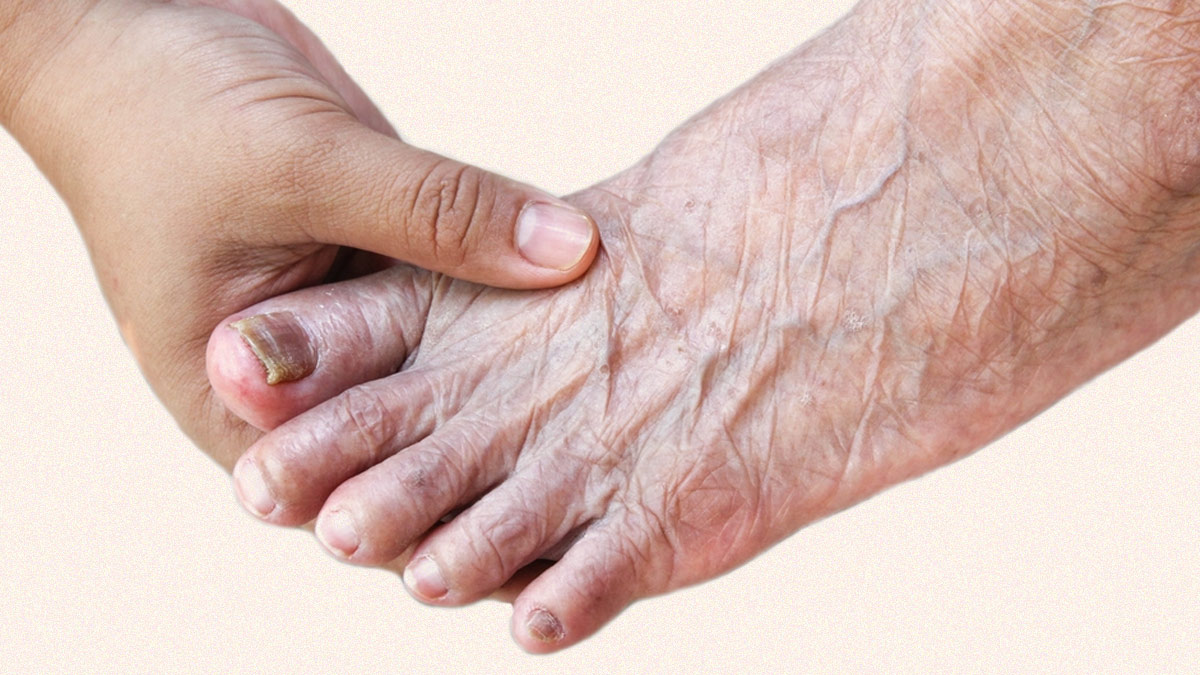
Diabetics are at increased risk for nail and foot problems due to elevated blood sugar levels, which can lead to poor circulation, neuropathy (nerve damage), and an increased likelihood of infections. High blood sugar can also make it harder for wounds to heal, leading to complications if minor nail issues are left untreated.
According to a 2021 study, nails not only face their challenges in the form of various diseases but also serve as indicators of systemic illnesses like diabetes. Given their crucial role in the body, nail disorders represent a significant portion of dermatological conditions in modern medicine. In diabetic individuals, numerous physiological and disease-related changes occur in the nails. These conditions can be extremely painful, impacting stability, mobility, and essential functions, such as tactile sensation and protection.
Also Read: Addressing India's Diabetes Dilemma Never Too Early To Test But May Be Too Late To Treat
Key Concerns
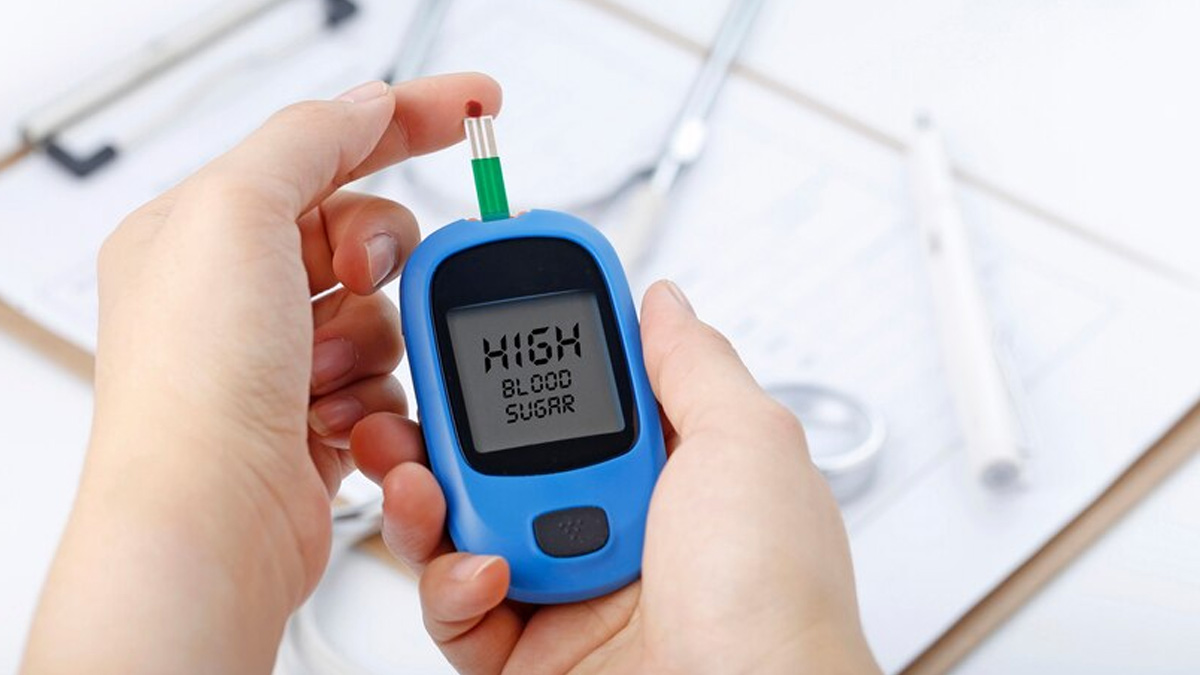
- Poor Circulation: Diabetes can lead to reduced blood flow to the extremities, making it harder for the body to fight infections and heal wounds.
- Neuropathy: Nerve damage from diabetes can reduce sensation in the feet and hands, making it difficult to detect injuries or infections.
- Infections: Elevated blood sugar levels can create an environment conducive to fungal and bacterial infections. According to a 2017 study, nail infections caused by yeasts or fungi are common in individuals with diabetes, typically affecting the toenails. These infections often start with white, yellow, or greenish discolouration and thickening at the tip of the nail, gradually spreading to the entire nail, making it thick and brittle.
Tips for Healthy Feet and Hands
Maintain Good Blood Sugar Control
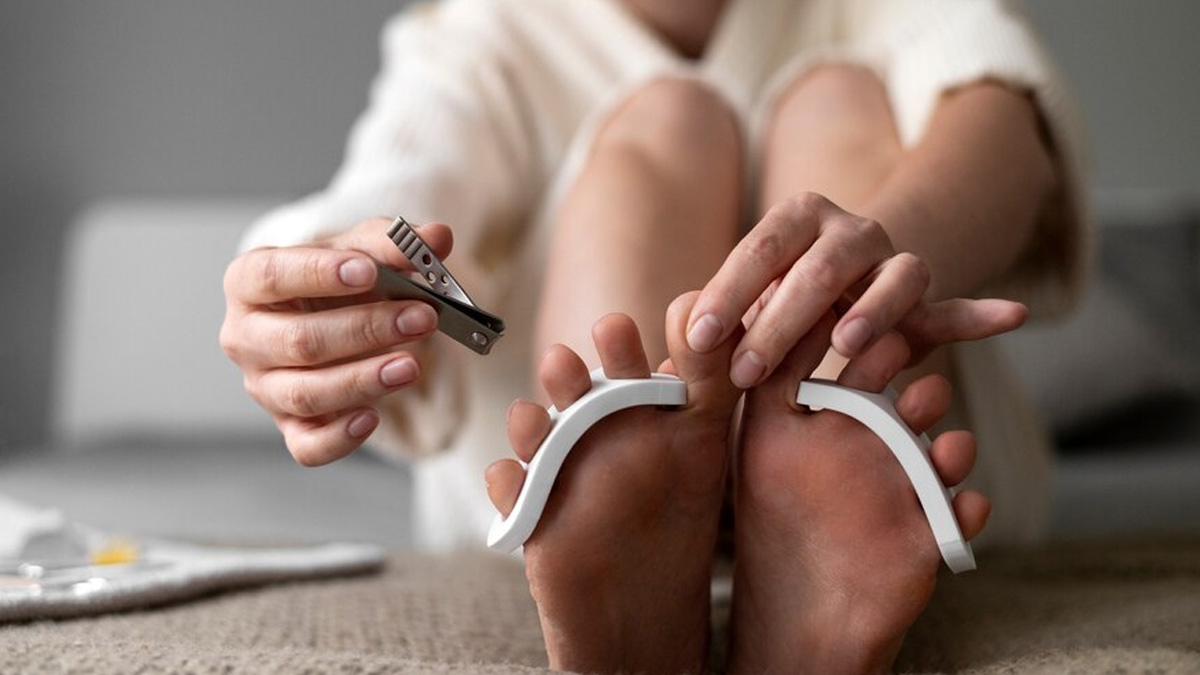
The foundation of good nail care starts with controlling blood sugar levels. Hence, keeping your blood sugar within the recommended range helps prevent complications and promotes overall health. Regular monitoring, a balanced diet, and medication adherence are key to managing diabetes effectively.
Inspect Your Nails Regularly
It's important to take a few moments each day to check your nails. Keep an eye out for any changes in colour, texture, or shape, and watch for signs of infection like redness, swelling, or pus. Catching these issues early can help you avoid more serious problems.
- Feet: Look for cuts, blisters, or any unusual growths. Pay attention to changes in nail colour or thickness.
- Hands: Check for hangnails, fungal infections, or any changes in the nail bed.
Practice Proper Nail Hygiene
Keeping your nails clean and well-trimmed helps prevent infections and other nail problems. Follow these steps:
- Trim Regularly: Use clean, sharp nail clippers to trim your nails straight across. Avoid cutting them too short, as this can lead to ingrown nails or infections.
- File Smooth: Use a nail file to smooth rough edges and prevent snagging.
Also Read: Diabetes And Eye Damage: Expert Lists Ayurvedic Tips To Manage Eye Damage Due To High Blood Sugar
Choose the Right Footwear
Proper footwear is crucial for preventing foot problems and injuries. Ensure that the shoes you choose fit well and are supportive enough.
- Fit: Shoes should be comfortably snug, neither too tight nor too loose. Make sure there’s ample space in the toe box to prevent any pressure on your toes.
- Support: Opt for shoes with good arch support and cushioning to reduce the risk of foot injuries and discomfort.
Moisturise Your Hands and Feet
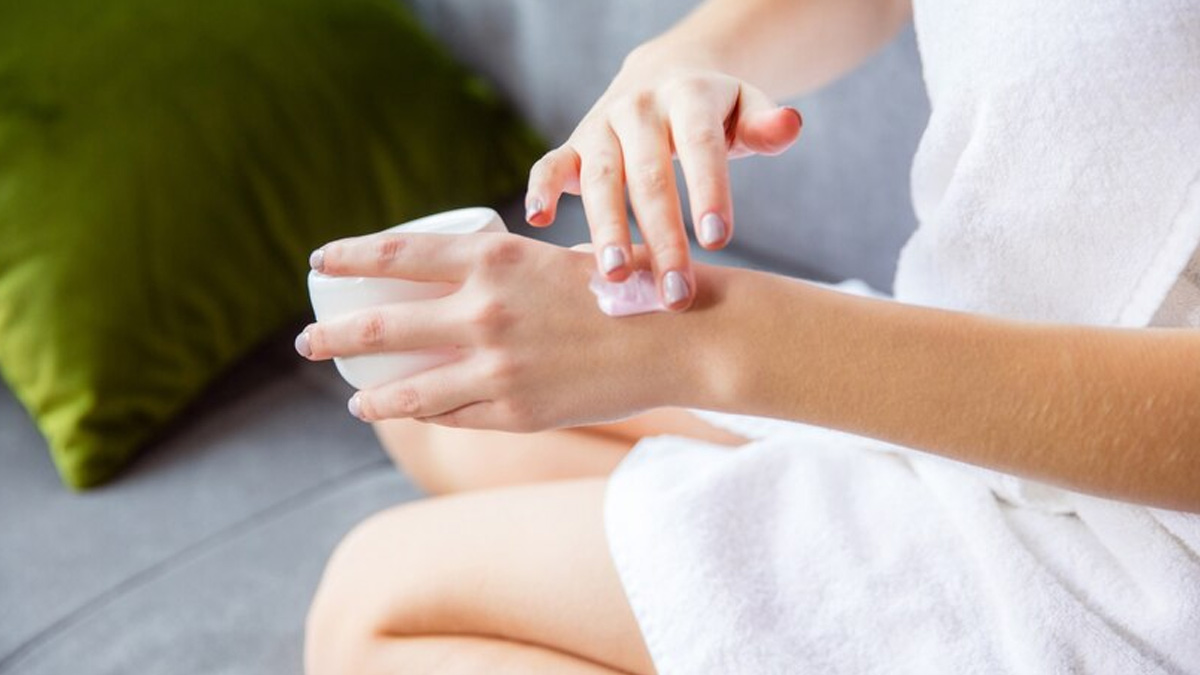
Dry, cracked skin can lead to infections, so it’s important to keep your hands and feet moisturised. Use a gentle, fragrance-free moisturiser to hydrate your skin, focusing on areas prone to dryness, such as the heels and cuticles.
- Feet: Apply moisturiser after bathing and before bed. Avoid applying cream between the toes to prevent fungal infections.
- Hands: Regularly apply hand cream, especially after washing your hands.
Be Cautious with Pedicures and Manicures
While regular nail care is important, it’s essential to approach pedicures and manicures with caution.
- Professional Care: If you choose to get a pedicure or manicure, ensure that the salon follows strict hygiene practices and uses sterilised tools. Inform the technician of your diabetic status to avoid aggressive treatments that could lead to injury.
- DIY Care: If you prefer to care for your nails at home, use clean, sanitised tools and avoid cutting cuticles or using harsh chemicals.
Address Nail Issues Promptly
If you notice any problems with your nails, such as discolouration, thickening, or persistent pain, seek medical attention promptly. Early treatment of infections or other issues can prevent complications and help maintain overall nail health.
- Fungal Infections: Symptoms include discoloured, thickened, or brittle nails. Over-the-counter antifungal treatments can help, but consult your healthcare provider for severe cases.
- Injuries: If you experience a nail injury or trauma, contact your healthcare provider to assess the damage and receive appropriate care.
[Disclaimer: This article contains information for informational purposes only, hence, we advise you to consult your own professional if you are dealing with any health issues to avoid complications.]
Also watch this video
How we keep this article up to date:
We work with experts and keep a close eye on the latest in health and wellness. Whenever there is a new research or helpful information, we update our articles with accurate and useful advice.
Current Version